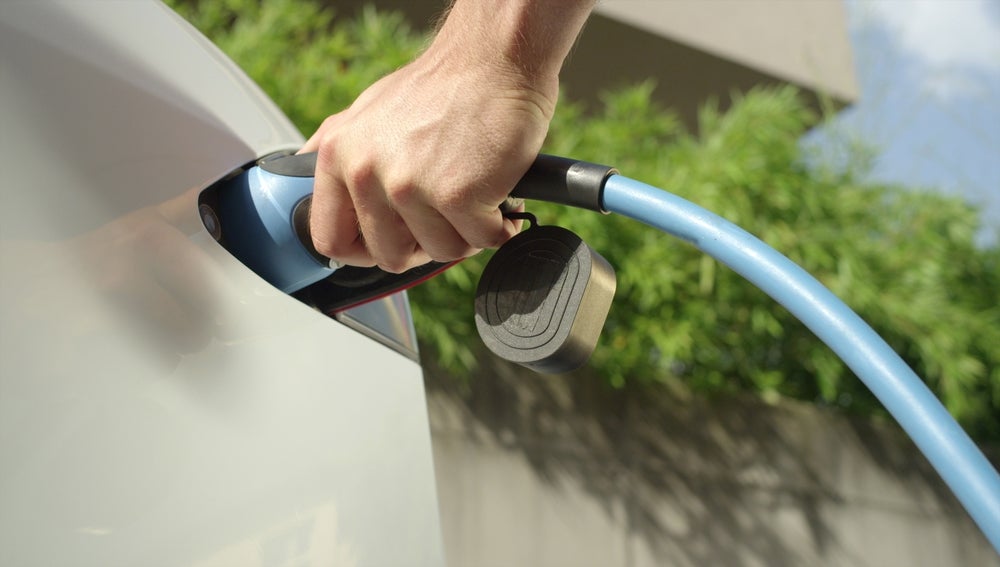Is there a basic
incompatibility between an economic model based on perpetual growth
and a social model founded on sustainability?
 Maybe. Maybe not. It’s
Maybe. Maybe not. It’s
certainly a heavier question than I usually start an editor’s
letter with and, if I’m honest, too big a question to tackle on
page four of Motor Finance. Furthermore, while I am as
guilty as any journalist of occasionally bluffing my way through
highly technical discussions, I won’t pretend to be well-informed
enough to present a definitive answer to this question.
It is a topic worth bringing
up, however, since it appears that car finance – and car leasing in
particular – may be part of the solution to sustainable
capitalism.
The solution, that is,
according to MEP Judith Merkies and management consultant Eric
Lowitt, who co-authored
a column in The Guardian last month, entitled “Leasing
could provide the route to a circular and self-supporting
economy”.
In the article, they claim
“a leasing society model would give manufacturers an economic
incentive to design sustainable products”, using the founding
premise that the current economic system holds no disincentive for
the relentless exploitation and exhaustion of natural
resources.
To quote the piece:

US Tariffs are shifting - will you react or anticipate?
Don’t let policy changes catch you off guard. Stay proactive with real-time data and expert analysis.
By GlobalData“We propose an alternative
model. One that incentivises manufacturers to maintain
responsibility for their wares through the end of their useful
lives, in order to gain access to mass amounts of materials they
can use in place of virgin materials.
“When consumers lease
instead of purchase, companies will need to consider not only what
happens the moment a product is sold, but also what happens when it
comes back in. The realisation descends that, from now on, they
have the economic interest to make their products more durable and
more sustainable, because their expenses will be minimised when the
product lasts for its entire leasing period.
“The replacement of a
product will be entirely on the producer’s account. Companies thus
will benefit from investing in ways to extend their products’
lifespans and be de-incentivised to launch – say – a new tablet
computer every few months. Therefore a company could outpace its
competitors primarily by developing a range of durable devices that
could be exploited by receiving monthly fees during their whole
leasing periods.”
The article goes on to
acknowledge the provenance of such a mentality in parts of the IT
and telecoms industry and calls for the leasing mentality to be
applied to a broader range of assets.
Strange, though, that the
piece had no mention of the auto business beyond a brief discussion
of tyre rental schemes. Here, if anywhere, there is a concern for
the economic performance of an asset over its whole life cycle. Why
else would there be so much consideration of residual value risk
and used car values?
 That said, when one looks at
That said, when one looks at
the way finance and leasing products are deployed in the auto
market, some fairly significant counterpoints emerge to Lowitt and
Merkies’ argument. After all, why do captives offer finance other
than to keep consumers buying more brand new vehicles? And why do
dealers love PCP so much? Because it keeps vehicle replacement
cycles short.
The discussion of
sustainability and capitalism is a broad one indeed, and there is
plenty more to say on the potential role of car finance in the
bigger picture. I would invite readers to have a look at the
article for themselves and feed their opinions, be they positive,
sceptical or conflicted, back to me at the address below.
Musing concluded, I very
much hope you enjoy this month’s issue.
Fred
Crawley
fred.crawley@vrlfinancialnews.com







